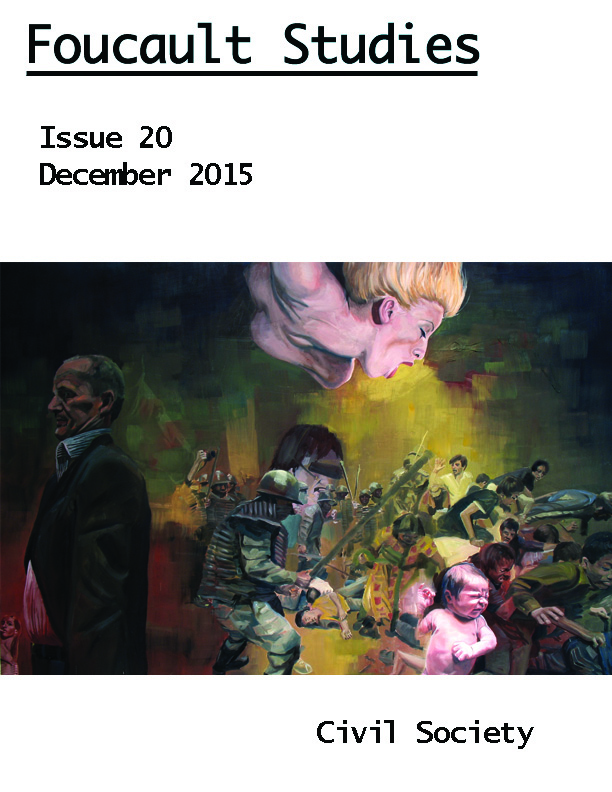Civil Society and Biopolitics in Contemporary Russia: The Case of Russian “Daddy-Schools”
DOI:
https://doi.org/10.22439/fs.v0i0.4930Keywords:
Civil society, biopolitics, governmentality, technologies of citizenship, fatherhood, RussiaAbstract
This article deals with civil society organizations active in the field of family policy and demographic issues in contemporary Russia. This article uses Michel Foucault’s concepts of biopolitics and governmentality and later developments discussing technologies of citizenship. More specifically, using interviews, documents, and participant observations, so-called “daddy-schools” that have emerged in and around Saint Petersburg since 2008, are studied as a mode of governmentality. The analysis shows how the civic initiative studied attempted to empower fathers and how it has altered demographic discourses while approaching similar societal goals as the state does in its biopolitical strategies. Thus, the daddy-schools provide a complementary discourse concerning fatherhood while approaching the same perceived demographic crisis that the Russian state is challenged by.Downloads
Published
2015-12-19
How to Cite
Åberg, P. (2015). Civil Society and Biopolitics in Contemporary Russia: The Case of Russian “Daddy-Schools”. Foucault Studies, (20), 76–95. https://doi.org/10.22439/fs.v0i0.4930
Issue
Section
Special Issue on Civil Society
License
Authors retain copyright to their work, but assign the right of the first publication to Foucault Studies. The work is subject to a CC BY-NC-ND 4.0 license, but despite these restrictions, authors can take for granted that Foucault Studies will permit articles published in Foucault Studies to be translated or reprinted in another format such as a book providing a full reference is made to Foucault Studies as the original place of publication.



